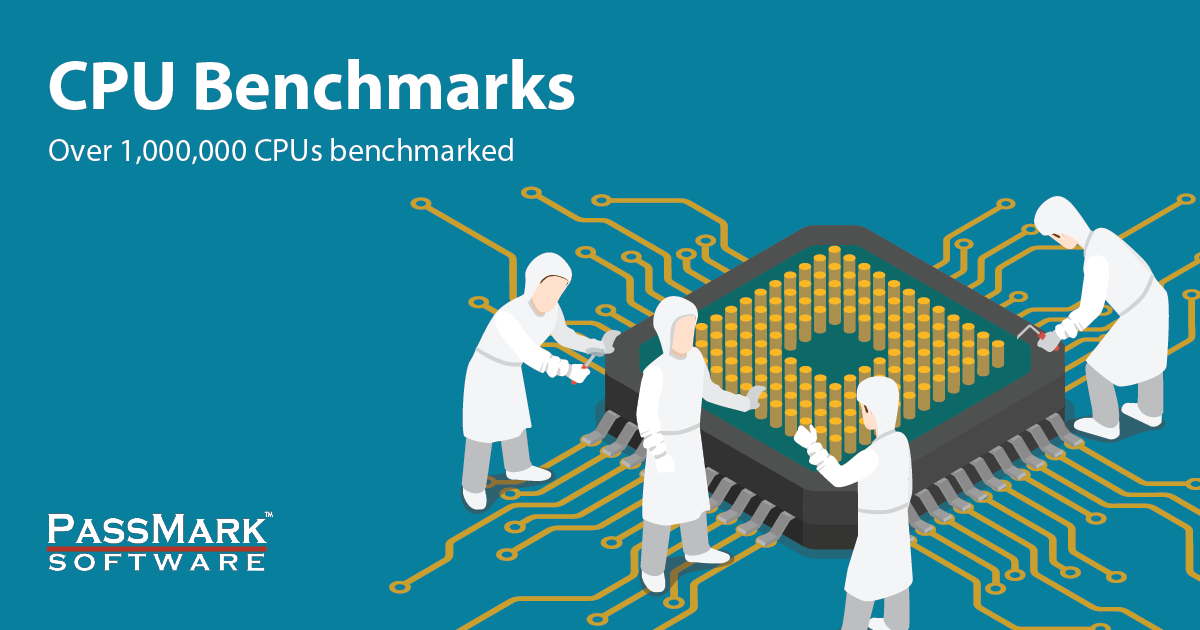Maybe they die off for a reason.
Most people would expect to see something like this posted.
At 0.55 ExaFLOPS, EuroHPC's LUMI will challenge world's most powerful systems

www.tomshardware.com
It's kind of WTF? when you see the ARM stuff.
That's not the reason.
The average person here might think a supercomputer is interesting for a bit, but how many of us will ever comes across an actual supercomputer by modern standards in person?
The reason is that ARM platforms are still a mishmash of a mess and the more easily customisable SBC's lag new core announcements by years - it's kind of sad that we got all excited for RPi4 being A72 based in 2019 isn't it?
We are still waiting on the first A76 based SBC's 2 and a half years later, even streamers only just started seeing A55 cores with the new Chromecast.
Not to mention that there probably still isn't an SBC that can even match the 5 1/2 year old Tegra X1 for graphics horsepower, let alone a GPU from any modern flagship phone SoC that could smite the TX1 with ease.
If there were a relatively simple way to disassemble a state of the art smartphone to reuse the SoC/memory as an SBC then we could really get the ball rolling tout suite.







